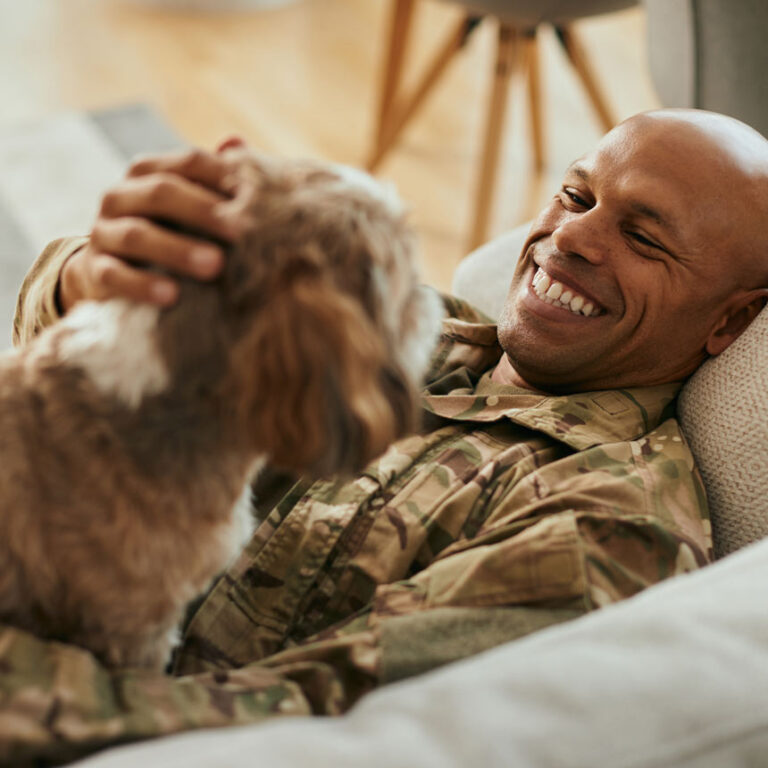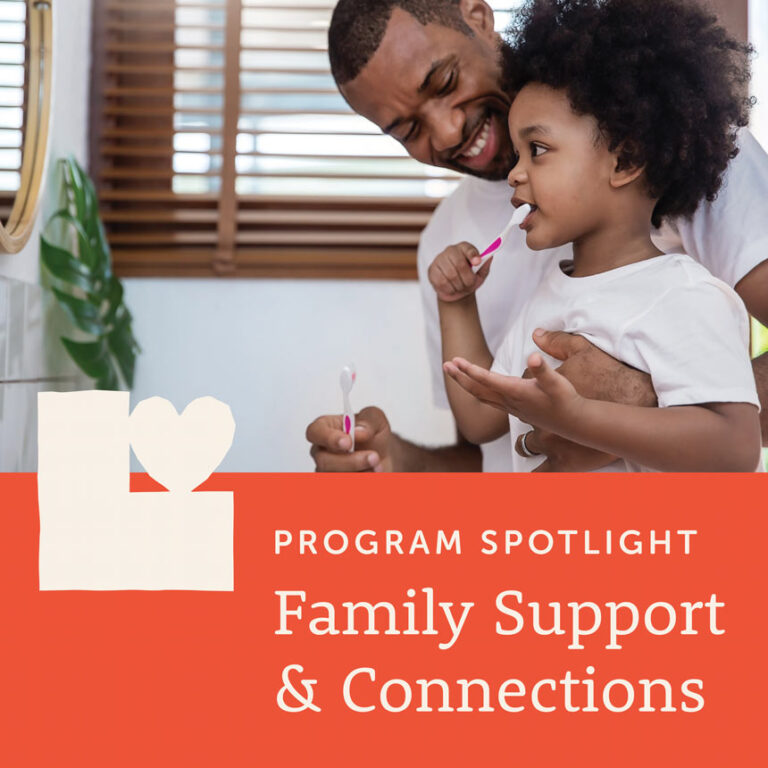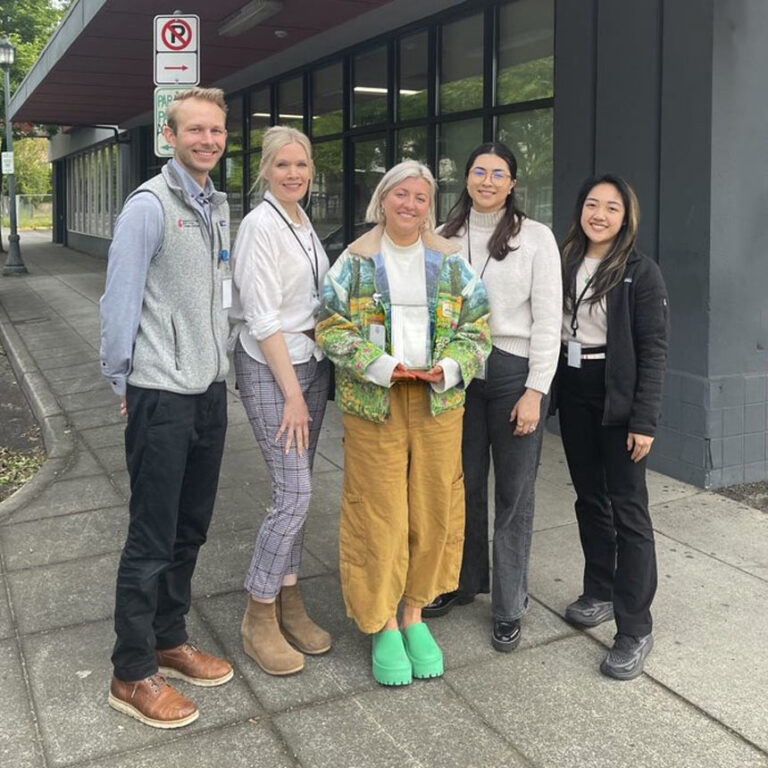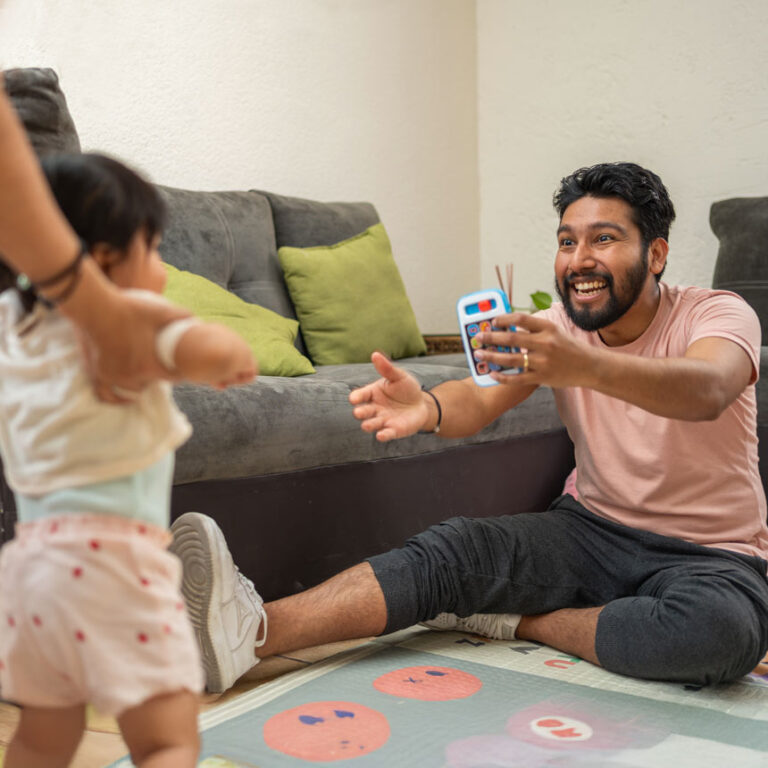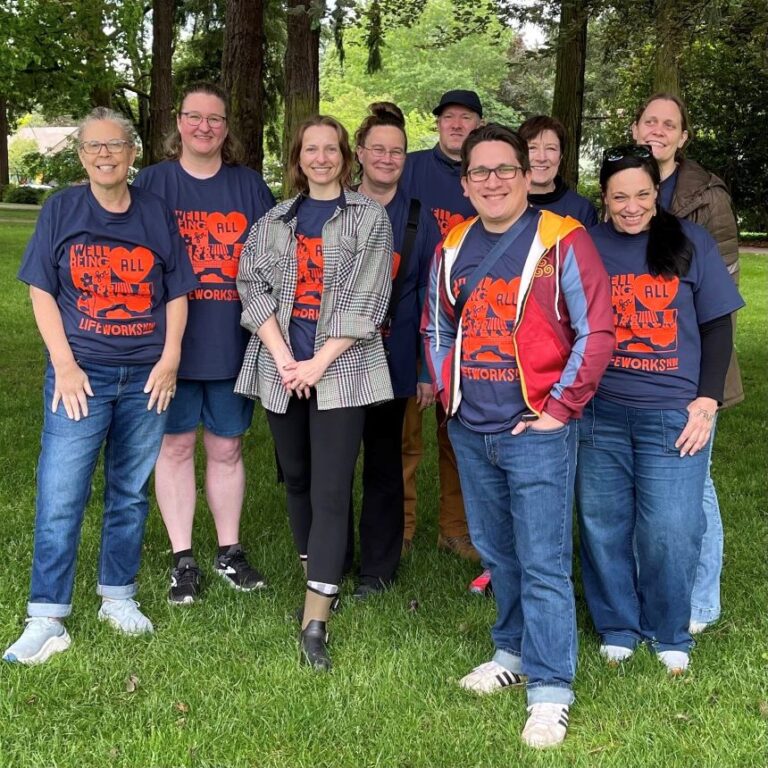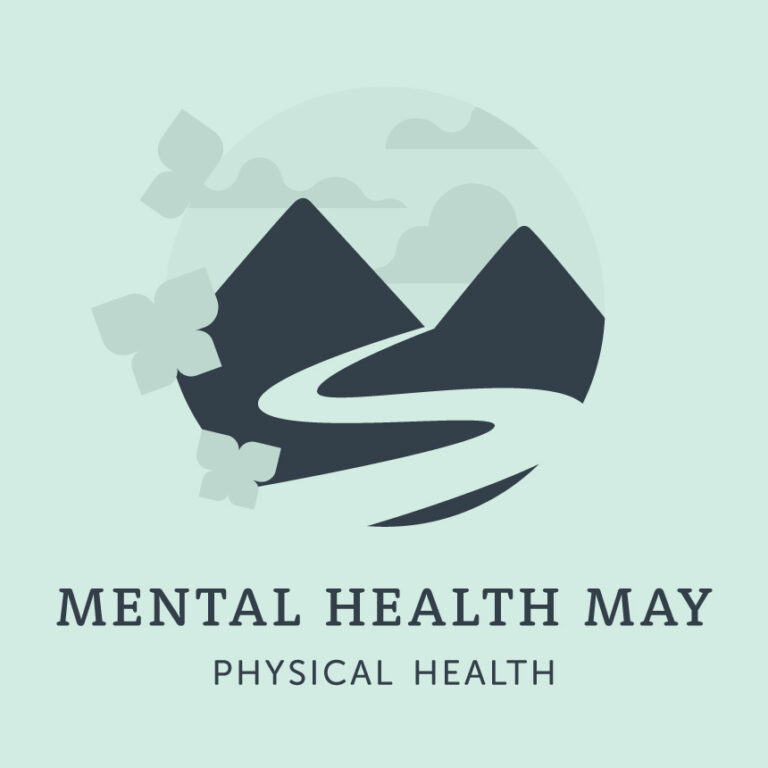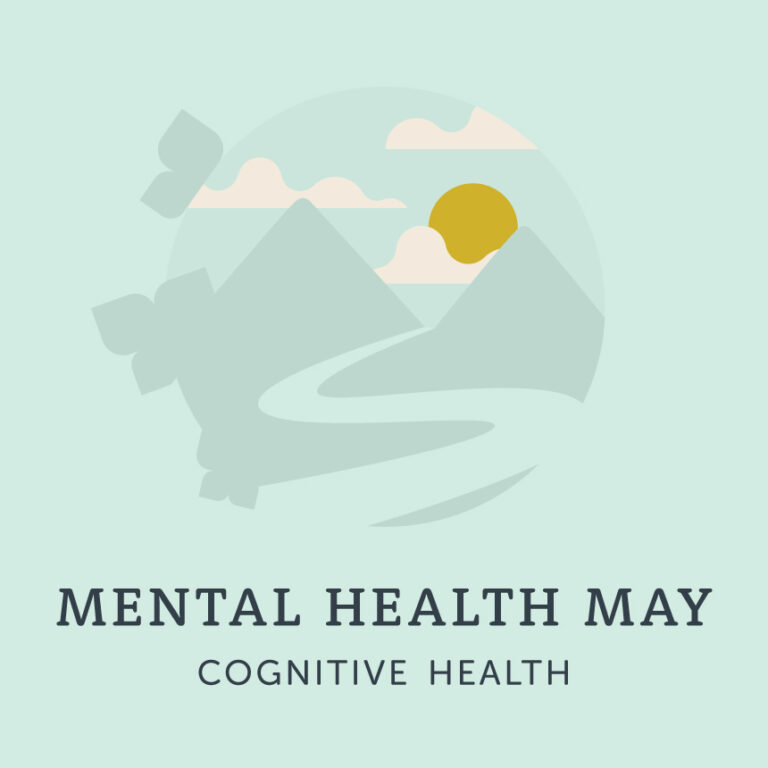
What is Problem Gambling and How Can You Recognize It?
Problem gambling, also called “gambling addiction,” can have a devastating impact. It can be hard to recognize when gambling has ceased to be an enjoyable pastime and started to negatively affect someone’s life. It’s often easy to hide until it reaches crisis proportions.
Patti Aust, a counselor with LifeWorks NW, explains, “What makes gambling different from other addictions is there’s this magical thinking. We all do it, to some extent. We go and see the Powerball numbers and think we can win millions. We think about what we would do with the money. With problem gambling, they’ll go into this fantasy world and start making plans – where to go, how to get the money. People can stay there off and on for months.”
To know if this pastime has become a problem, it’s critical to look at the impact it’s having on one’s life. If someone is gambling frequently, hiding their gambling, or going back to try to win back their money, those can be indications of a problem.
“Gambling is the only addictive behavior that does this; that sees the addictive behavior as being the solution to the problem,” Patti says. “We don’t do that with shopping or with video games or with substance use. Because problem gamblers think, ‘oh, if I get a big win, I’m going to heal my relationships and I’m going to pay back all that money.’”
The North American Foundation for Gambling Addiction Help estimates that nearly 10 million people in the US struggle with problem gambling. Young people between the ages of 16-24 years old are the most likely to have a problem, followed by those ages 25-34. It’s a lucrative business, with the gambling industry bringing in $44 billion per year in the US.
Gambling addiction doesn’t just affect the person with the problem – it affects their friends, family, and wider community. It can contribute to criminal activity in areas with casinos and result in the loss of retirement funds, homes, and valuable possessions.
While problem gambling was once considered an impulse control issue, research has shown it functions more like a substance use disorder in how it affects the brain. This led the American Psychiatric Association to reclassify it as an addictive disorder in 2013 with the publication of the DSM-5.
Risk Factors for Problem Gambling
Some other mental health or physical conditions can lead to compulsive gambling, and if these underlying issues are addressed it may resolve the gambling issue.
For example, bipolar disorder and ADHD can cause risk-taking behaviors. If someone only gambles when in a manic or depressive state, or exhibits symptoms indicative of ADHD, therapy and medication for those conditions may be necessary to address the gambling problem. Depression and chronic pain can also cause people to gamble as a distraction.
But mental and physical health aren’t the only issues that can predispose someone to a gambling problem. Much of the allure of gambling comes from the environment itself.
“What people don’t realize is that Oregon has per capita more gambling opportunities than anywhere else in the United States.” Patti explains, “It’s very normalized. People don’t recognize all the different forms of gambling. It can be playing bingo, so even in churches you have gambling. They have raffles – that’s gambling. You have scratch tickets. You’ve got pools at work. That’s all gambling. There is [almost] nowhere you can go and not be triggered to gamble.”
Gambling can also serve a social function, which makes the urge even harder for problem gambling sufferers to resist. Parent and child, for example, may join a fantasy football league or participate in sports betting together. Many people don’t see it as negative when it’s reinforcing a family bond.
This social aspect of gambling, Patti warns, can also be used to prey on vulnerable people. “We see a lot of older people who have lost their purpose. They don’t know what to do with themselves, and they can’t be active like they used to, so they go gambling. And it doesn’t help that the casinos cater to them. If you don’t feel important and you go to the casino, all of a sudden you get a free room or buffet. There are lots of things they’ll send you to bring you back.”
For these reasons, Patti believes it’s important for friends and family to be involved in any therapeutic treatment for problem gambling.
Signs of Problem Gambling and When to Seek Help
Patti says the first questions anyone who suspects they may have a gambling addiction should ask themselves are, “Are you minimizing? Are you only talking about your wins and not your losses? Are you even tracking your losses? Are you lying to people about where you’ve been?”
While those questions are a good starting point, at least four of the following symptoms must be experienced within 12 months for someone to meet the DSM 5 diagnosis:
- Needs to gamble with increasing amounts of money in order to achieve the desired excitement
- Is restless or irritable when attempting to cut down or stop gambling
- Has made repeated unsuccessful efforts to control, cut back or stop gambling
- Is often preoccupied with gambling (e.g., having persistent thoughts of reliving past gambling experiences, handicapping or planning the next venture, thinking of ways to get money with which to gamble)
- Often gambles when feeling distressed (e.g., helpless, guilty, anxious, depressed)
- After losing money gambling, often returns another day to get even (“chasing” one’s losses)
- Lies to conceal the extent of involvement with gambling
- Has jeopardized or lost a significant relationship, job, education, or career opportunity because of gambling
- Relies on others to provide money to relieve desperate financial situations caused by gambling
If you recognize someone in this description, there is no need to struggle alone. There are treatments available and support groups to help resist the urge to gamble and get one’s life back on track. People experiencing this issue, or family and friends, can reach out for help – in the state of Oregon, all treatment related to problem gambling is available free of charge. To get more information about our services and make an appointment, contact us today.



